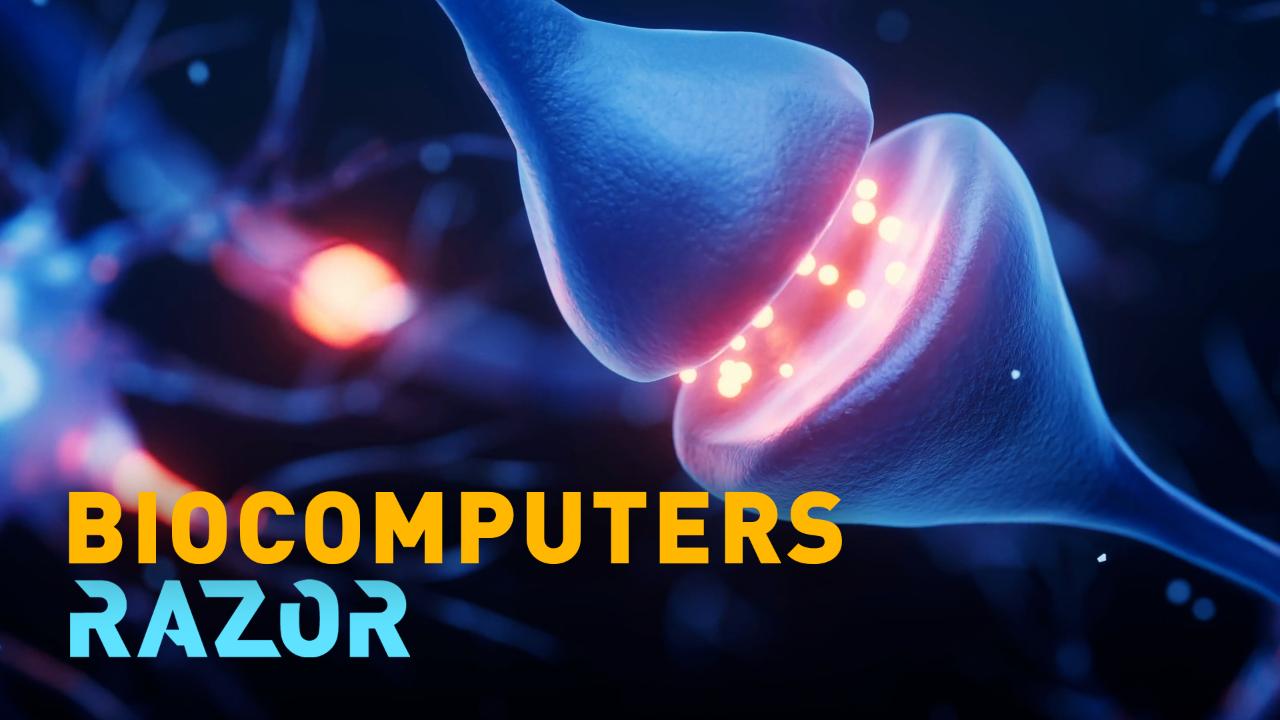AI Creates Two Antibiotics for Drug-Resistant Infections

The race against antibiotic-resistant bacteria has taken a significant turn with MIT's latest achievement in utilizing artificial intelligence (AI) to design new antibiotics. This breakthrough is not just a technical novelty, but a crucial step toward addressing a looming global health crisis that claims over a million lives annually due to superbug infections. As antibiotic resistance continues to escalate, the introduction of AI in drug design offers a glimmer of hope in what has been a stagnating field in recent years.
Traditionally, the process of discovering and developing new antibiotics is painstakingly slow and fraught with challenges. However, the MIT team has harnessed generative AI to analyze an astonishing 36 million compounds, including both known and novel chemical structures. This approach represents a paradigm shift from simply screening existing substances to actively designing new ones tailored for effectiveness against resistant bacteria like gonorrhea and MRSA. The AI's ability to eliminate compounds that are either too similar to current antibiotics or toxic to humans highlights its potential for efficient and safe drug design. Despite the excitement surrounding the potential efficacy of these AI-designed drugs, experts caution that we are still at the beginning of a long journey. The antibiotics, which have shown promise in lab and animal tests, require further refinement and rigorous clinical testing. This remains a costly and time-consuming process; even successful designs may not translate effectively to human medicine. The quest for manufacturability poses another hurdle—while AI produced 80 treatment proposals, only two succeeded in being synthesized to a usable form. The balance between ensuring a new antibiotic's clinical efficacy and commercial viability is precarious, as the optimal use of new medications necessitates their sparing use to preserve relevance.
The ongoing application of AI in drug discovery could revolutionize how we tackle infectious diseases—if these technologies can be fine-tuned and safely translated to clinical settings. As we stand on the brink of potentially effective new treatments, it also raises fundamental questions about the business model behind antibiotic development: Can we find a way to incentivize pharmaceutical companies to invest in innovations that must be used sparingly to remain effective? The intersection of AI, antibiotic resistance, and healthcare economics will be critical in shaping the future of medicine. Will we see more breakthroughs that practically address these pressing challenges?
Read These Next

RAZOR Computers Built from Human Brain Cells May Revolutionize AI
A Swiss start-up is developing bio-computers using human brain cells to enhance AI with better energy efficiency and processing.

NASA Seeks Public Input on Jet Research
This commentary discusses the recent sighting of gigantic jets by NASA and its implications for atmospheric science, emphasizing the importance of public engagement in scientific discovery.

Experts Warn of Public Health Crisis Amid Trump Administration Cuts
Health experts warn that U.S. public health budget cuts may worsen foodborne illnesses and threaten national health standards.
